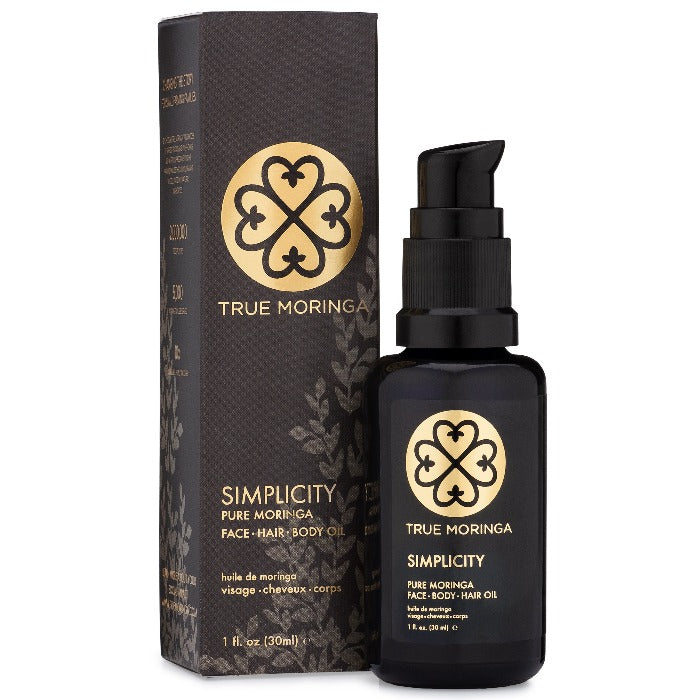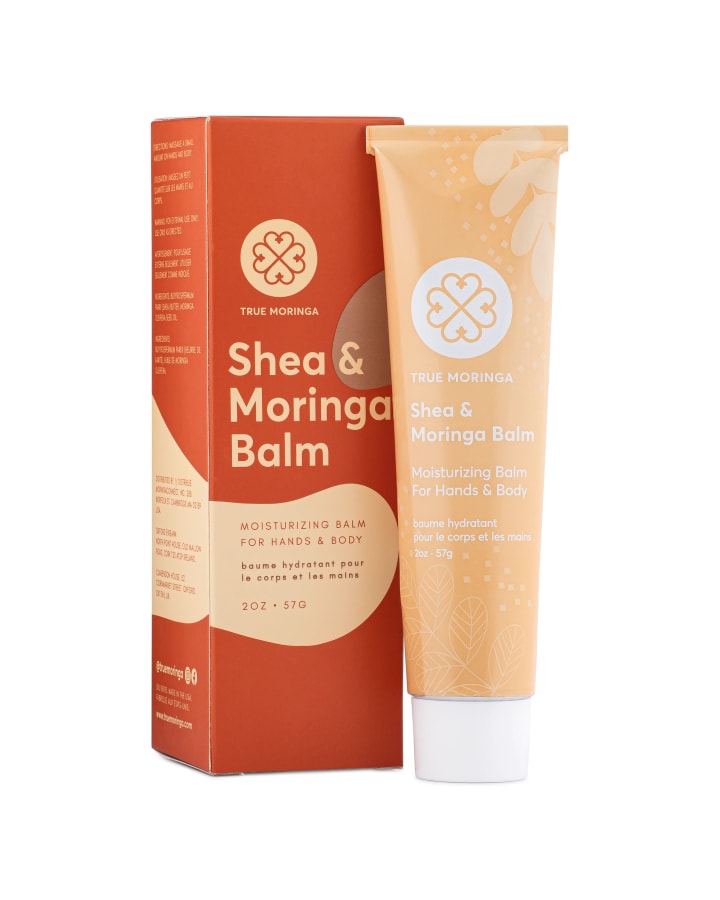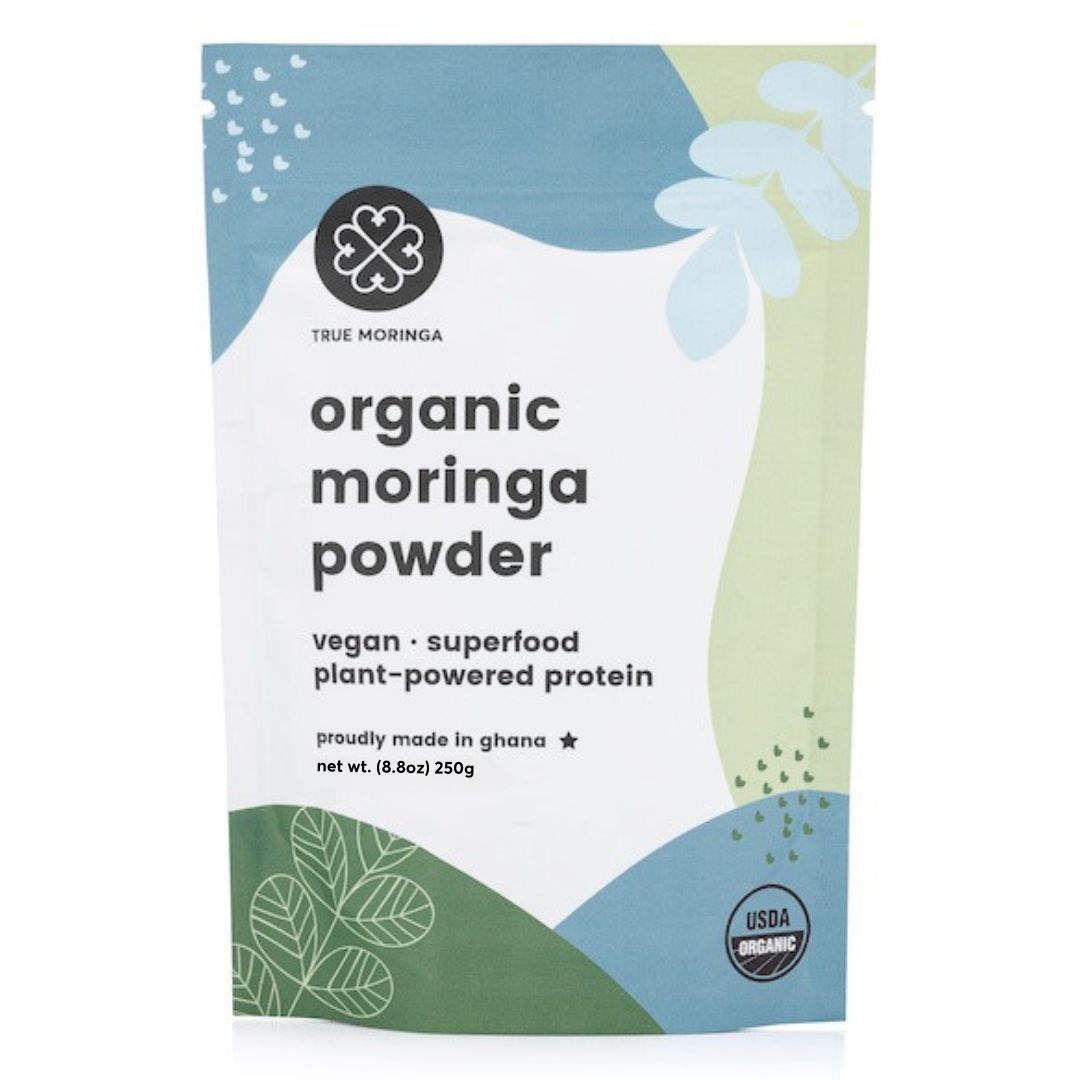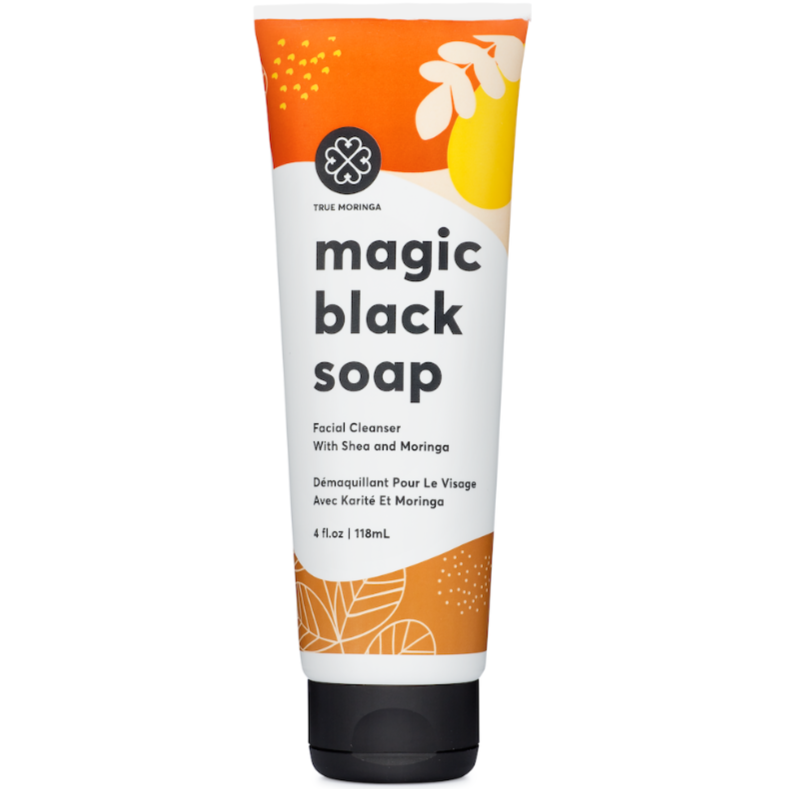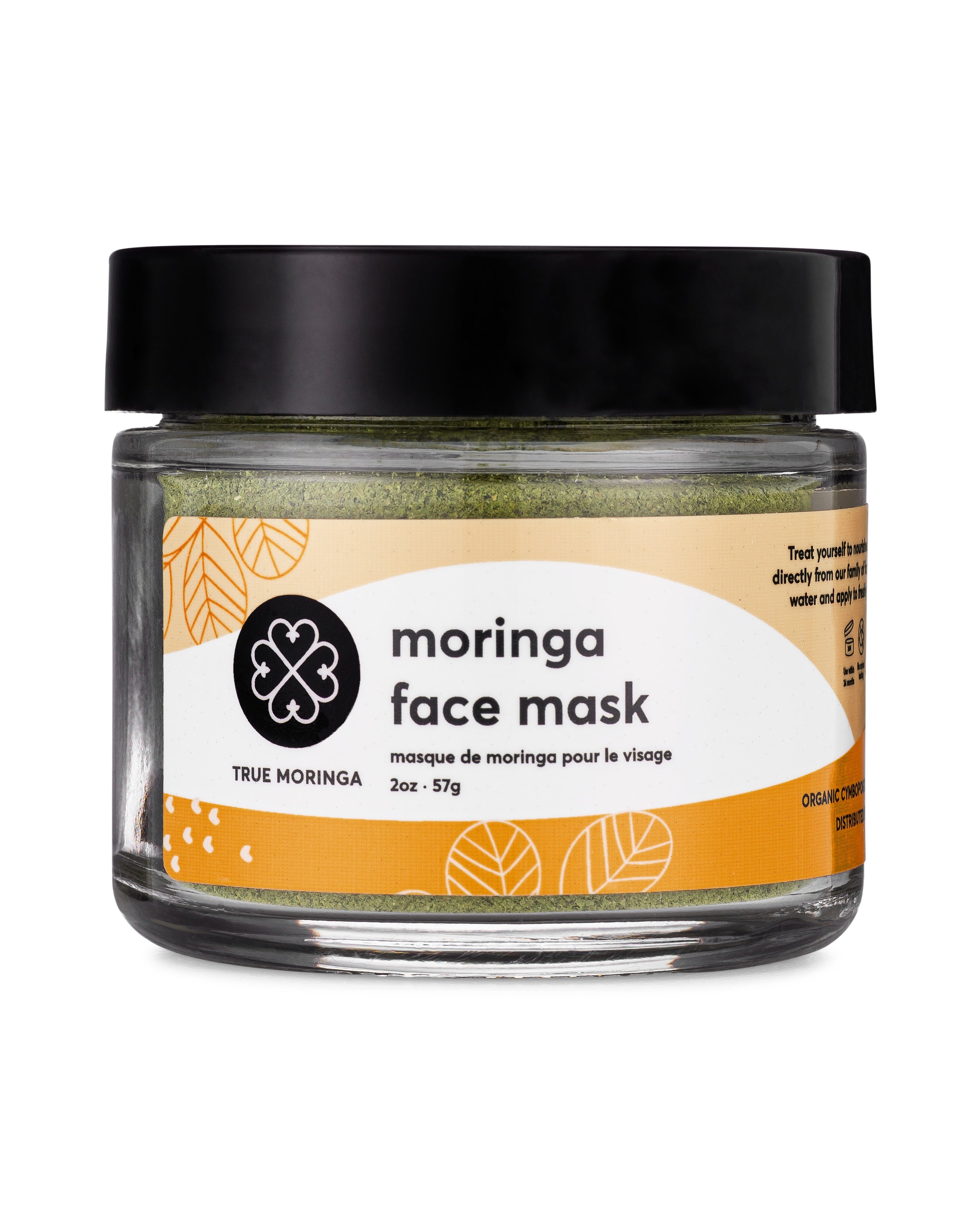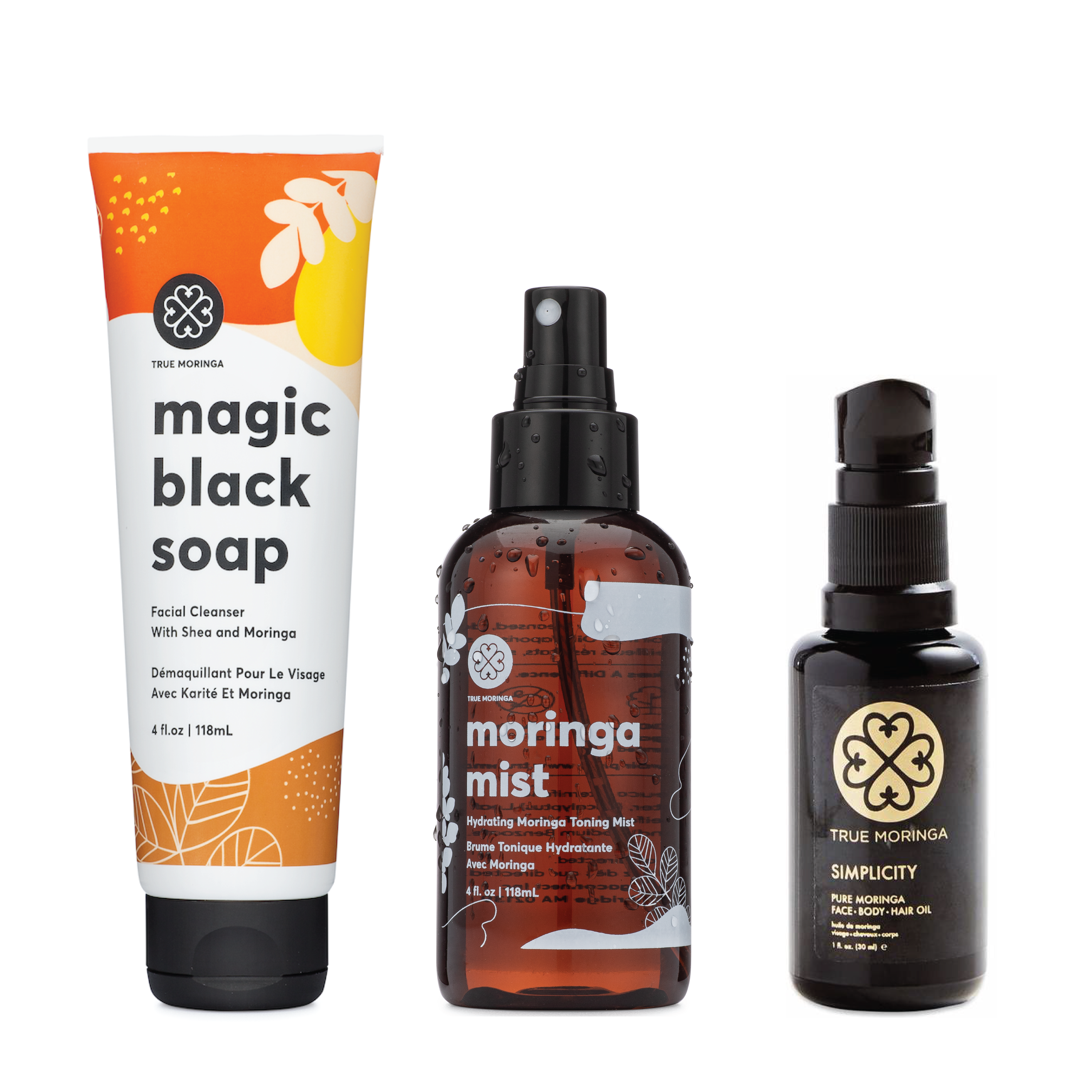



Types of Exfoliators
Exfoliating is basically removing dead skin cells from your body. It helps your skin look its healthiest and is also a great way to prep your skin for moisturizers. Exfoliating regularly can help your skin prevent pimples and blackheads by unblocking pores. But there is more than one way to achieve these benefits. Here are two types of exfoliants to get the glow back into your skin:
Chemical Exfoliants
Chemical exfoliants work by dissolving dead skin cells and the oils and dirt that bind them to your skin.
There are two types of chemical exfoliants; alpha-hydroxy acids (AHA), and beta-hydroxy acids (BHA):
- AHAs are small molecules that penetrate the upper layer of your skin and help dissolve dead skin cells. They also promote cell renewal, helping your skin repair itself faster. They can make your skin sensitive, so sun-protection after using AHAs is a good idea.
- BHA does the same thing as AHA, but it can also penetrate into your pores! This means BHA treatments can be a great choice for people with oily or breakout prone skin because they are often symptoms of clogged pores. BHAs can also be anti-microbial, anti-inflammatory and anti-irritant, which makes it especially good for people with acne.
Physical Exfoliants
When people think of exfoliating, they’re most likely thinking of physical exfoliants, also known as mechanical exfoliants. These are often scrubs made from sugar, salt, oatmeal (you name it), microbead face washes (because not all exfoliants are DIYs). But the reality is, a physical exfoliant is anything that uses something physical to remove your dead skin. This includes loofahs, brushes and washcloths!
However, unlike chemical exfoliants, physical exfoliants only tackle the skin on the surface. They don’t do deeper into your skin like chemical exfoliants do.
But while physical exfoliants are good for your skin, not all of them are good for the environment. The microbeads in commercial scrubs are not easily biodegraded.

